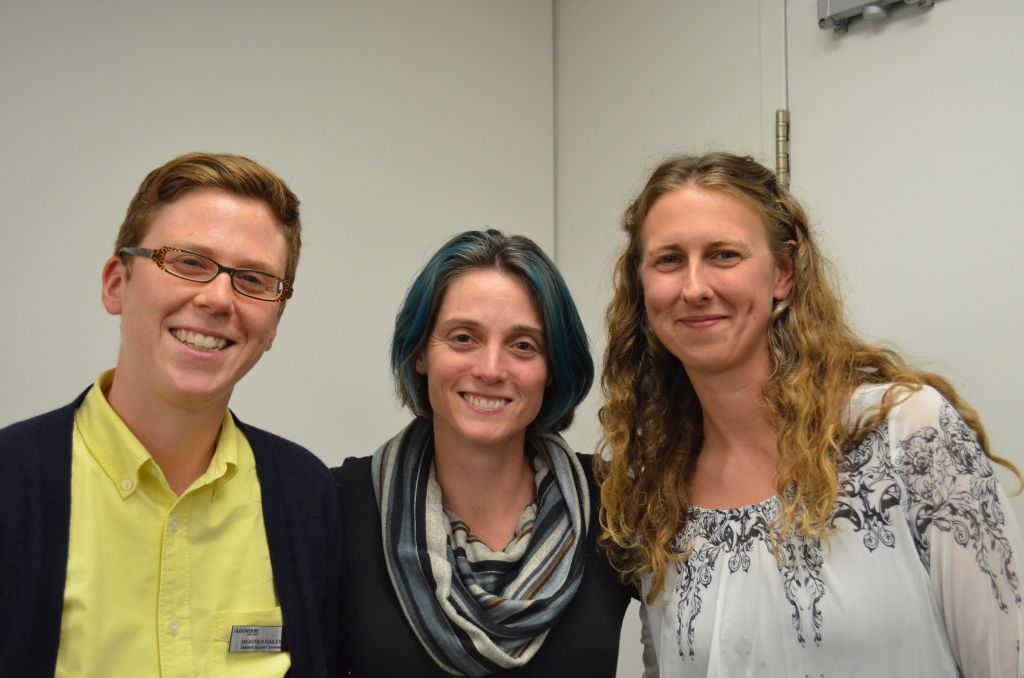By: Matthew Houston
The first semester of college can be a harrowing experience. For many students it’s their first time away from home, their first taste of both freedom and responsibility.
But for students with an Autism Spectrum Disorder (ASD), sometimes it isn’t the content of their classes which is difficult, but the “hidden curriculum” of navigating a new social environment and understanding the unwritten social rules around us which provides the most obstacles.
In January, Algonquin and York University received funding from the Ontario Ministry of Training, Colleges and Universities to take part in a pilot program designed to create a transition program for students with an ASD, to help ease the move into a post-secondary environment.
With recent statistics from the Centre for Disease Control and Prevention showing one in 68 children being diagnosed as on the spectrum, there is and will be a large amount of ASD students attending Algonquin.
“The transition is a real pressure cooker in the first semester and year,” said Tara Connolly, coordinator of the Transition Support Centre for Students with ASD. “Our services are given in a way that is mindful to that transition.”
The centre allows for drop-in visits for students with ASD who are seeking help with learning strategies, organization, coping techniques or those who are looking for a less stimulating social space.
The centre is hoping to create a student informed transition program, and will have users complete surveys on which services they enjoy the most and which they find less helpful.
The program is also supporting faculty to help teach these students in more effective ways.
“This kind of program is long overdue,” Daniel Halden, a professor in the culinary management program, said. “These are student that thrive on routine and clarity. Faculty need to know that to be able to support them.”
Halden, who has a son on the spectrum, is part of a mentorship group designed to share experience and knowledge between faculty so they can help each other reach their students.
He hopes the transition program will create a working model that helps to support students with an ASD in all post-secondary environments.
While it is still early in the program, Connolly hopes to expand its influence.
“These students are already in college, so we’d love to be involved in things like residence. There’s all sorts of elements that go into supporting a transition so someone wants to stay and get the best out of their college life.”
Algonquin will receive funding for the program over the next two years, and will then share their results with other colleges, school boards and community organizations proposing the best tools, practices and supports for these students.
“We hope it will have a ripple effect across the college settings and school boards, so that the transition is supported from both ends of their journey,” said Connolly.
Laurie Mawlam, executive director at Autism Speaks, North America’s largest autism science and advocacy organization, believes the program will be a boon for those on the spectrum.
“These young men and women are as intellectually capable as any other student but may struggle with coping with the overwhelming environment or fitting into the social life on campus,” said Mawlam. “In today’s day and age, I believe all post-secondary institutions should have a Transition Support Centre.”



